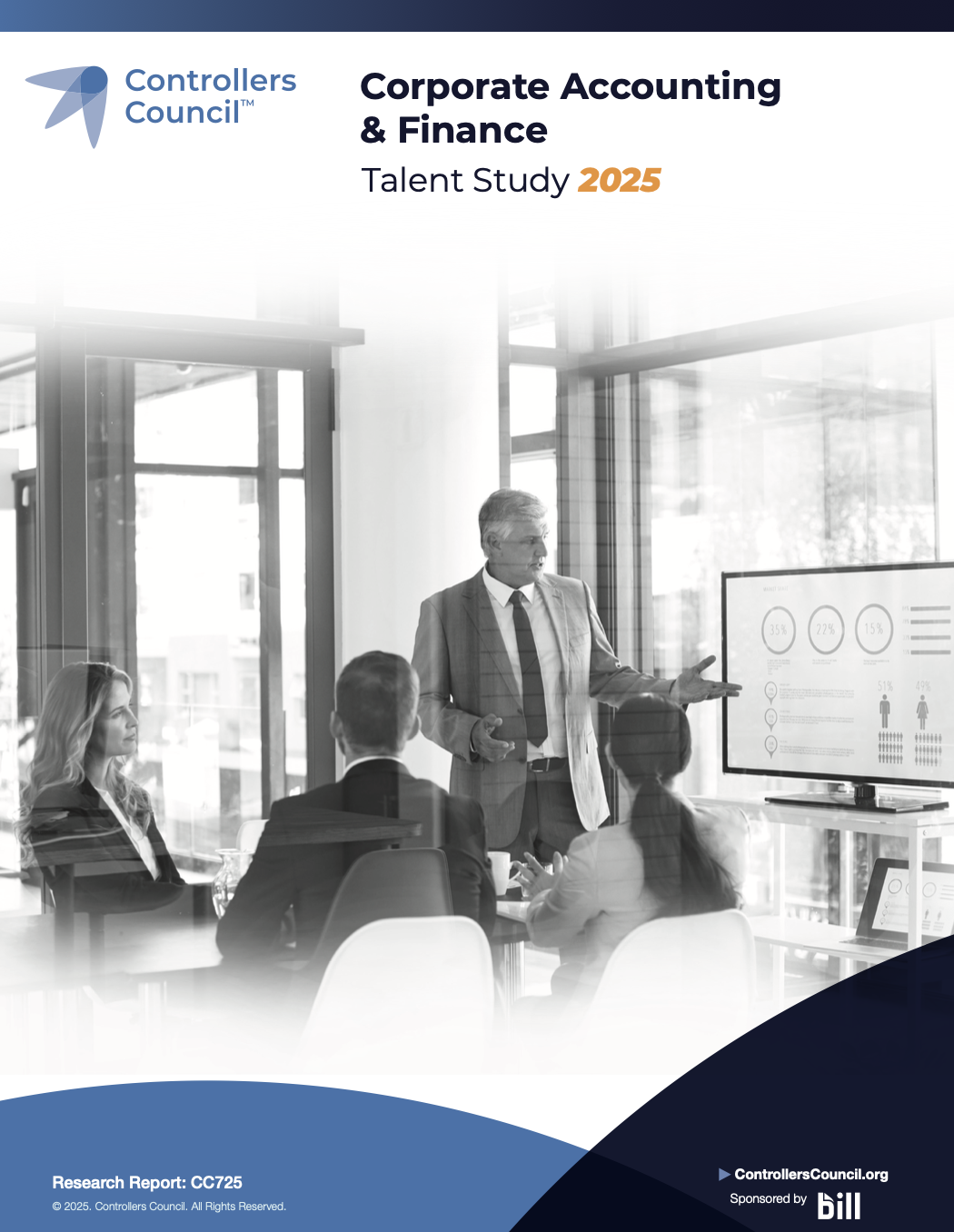Controllers and other corporate finance professionals are always in demand. It’s not only a role necessary to nearly every company, it’s a role that provides the good kind of challenges. Though a role that is constantly becoming more strategic, controllers own the day to day and the month to month.
2020 Was the Call to Greatness Moment: Should 2021 Be the Year You Reap It?
In this, it’s likely that as a master tactician, 2020 may have been a feather in your cap. You might have been able to free up a few dollars here and there to keep the business afloat and you may have put your company in a position ready for an uptick.
Over the past few years, you’ve probably fielded (or ignored) a few dozen calls from recruiters. Something we discussed in “The Evolution of the Controller and the Importance of Growth,” an article highlighting key takes from FloQast’s report titled Understanding the Modern Controller,
“Driven in part by the talent crisis, controllers are a hot commodity even in the wake of the pandemic. The vast majority of controllers (88%) have been approached about a career opportunity at a different company in the past year, and 59 report this was a genuine inquiry.”
That said, 2021 is going to be a seller’s market. Your skills are in demand and this year could have be the first time you’ve gotten to face adversity. But as you get lambasted by connection requests and phone calls, maybe it’s time to listen.
You Don’t Have to Move—But You Could Listen
Something discussed in our webcast on the path to the C-Suite, Ted Weitzel, SVP of Finance & Operations at G2 highlighted that high-potential corporate finance leaders value the name on their desk as much as the name on the building.
Don’ts #4 and #5—don’t get stuck and don’t be an island—each put this mentality in the forefront. In our blog titled “5 Things to Avoid on Your Path from Controller to CFO,” we noted that
“Though you may have gained some people and managerial skills in your rise to the controllership, the biggest challenge for aspiring CFOs is going to be the networking, brand building, and connection that goes into building yourself up. Though terms like personal brand and networking may feel dirty and result in cringes from introverts everywhere, even the smallest outreach is a step in the right direction.”
What does this have to do with hearing a recruiter? Part of this ‘don’t be an island’ mentality relies on your ability to build up others around you. Pair this with the ‘don’t get stuck’ mentality, taking the call can’t hurt—even if you’re happy where you are.
Learning what other companies want in a person can help you to shape your individual growth path. Passing on a trustworthy candidate can put you in a spot for growth in five years. Hearing the perks offered by a company can help your firm to better compete in the market for talent. All in all, it pays to listen.
How to Deal with Recruiters
You’re going to get calls anyway. You’re going to see LinkedIn messages. Why not hear them out? That said, before you do, heed the following tips from a recent CFO article on the topic.
Know Yourself
If recruiter calls feel unproductive, it’s worth a shot to ask why. Yes, headhunters are often incredibly sales-y—about 30 percent of your first year salary is being draped over their head. But if you’ve been treating every point and conversation like a hassle than an opportunity to learn and grow, you could be stifling your own growth.
Getting something out of a conversation requires you to know yourself. “Recruiters need to know your motivations, what you’re looking for, who you are, and what you’ve done,” says finance chief Bernard Huger. When you have clarity about your career’s direction, you can work with a recruiter to identify gaps that need addressing.
Let the Interview Go Both Ways
Again, even if you’re not in the market, taking the call today can save you a lot of headaches in the future. Say that your company faces some kind of black swan event, you realize that something adds up, or something out of your control ruins the company.
Having someone in your phone that you already feel comfortable talking to will reduce disruption if you end up without a job. Let each call act as a way for you to interview your recruiter, allowing you to know who’s reliable and who’s a bit more suspicious.
Others, though, want to vet the individual recruiter, too. Heidrick & Struggles’ Alyse Bodine recommends taking that extra step. “Make sure the recruiter would be working on assignments relevant to your background and career aspirations.”
Things Change—Take the Call
“It’s short-sighted to say, ‘I don’t need a different position now, so there’s no value in talking to a recruiter,’” says CFO Deepak Shukla, founder and CFO at Pearl Lemon.
If you want to get fewer calls from a recruiter, give them something to work with. Most will reach out with a position that makes sense to them. But unless you take the call, they’ll continue approaching you with unhelpful positions. If you do one call, you can steer them toward an ideal role.
“What differentiates a great recruiter is the time they invest when they don’t have an opportunity open,” says Steve Mandell of the Anchin Executive Network.
Network and Grow with the Controllers Council
In addition to this, it pays to think of yourself as a brand and seek out transparency, according to the CFO article. Looking for a new role in 2021? It pays to stay on top of the market, stay in contact with peers, and never stop growing.
From our career center to our forums, the Controllers Council is your source for the latest news and discussion. Membership gives you access to two resources—the Contemporary Controller webcast exploring the plans and expectations of today’s professional and the Controllers Code, a book written to help controllers get more from their role. This and so much more—just for joining the Controllers Council.
Additional Career Resources
The CPE Challenge: Affording Your Continued Education and Focusing on What Matters
What Does the 2021 Hiring Market Look for Accounting Professionals?
The Evolution of the Controller and the Importance of Growth




